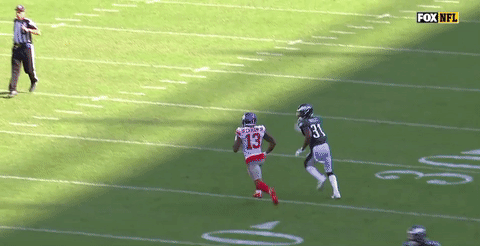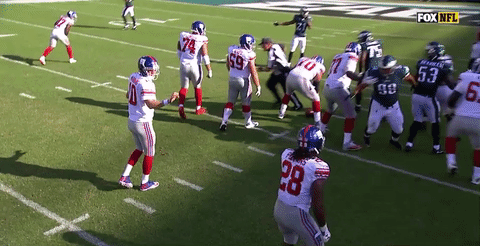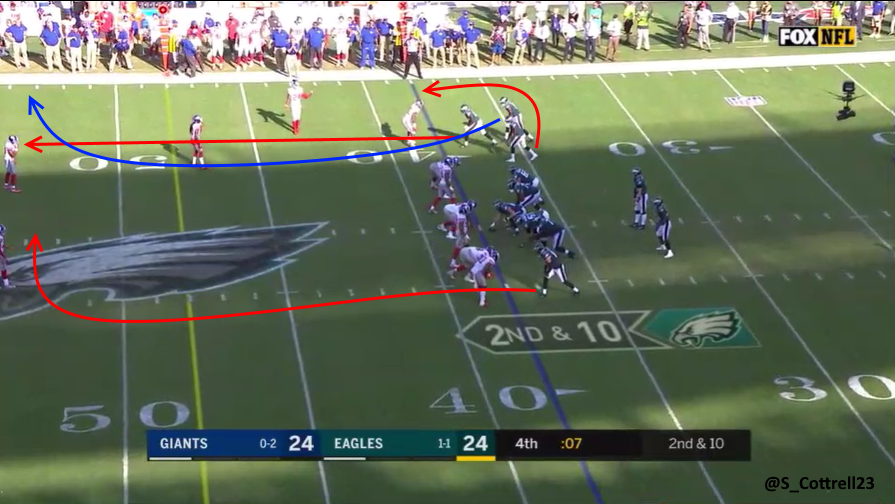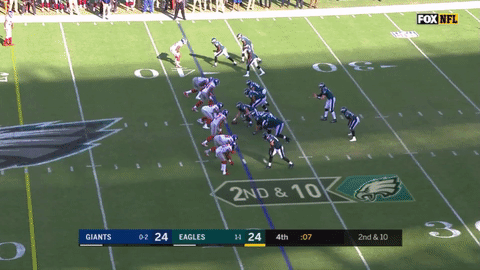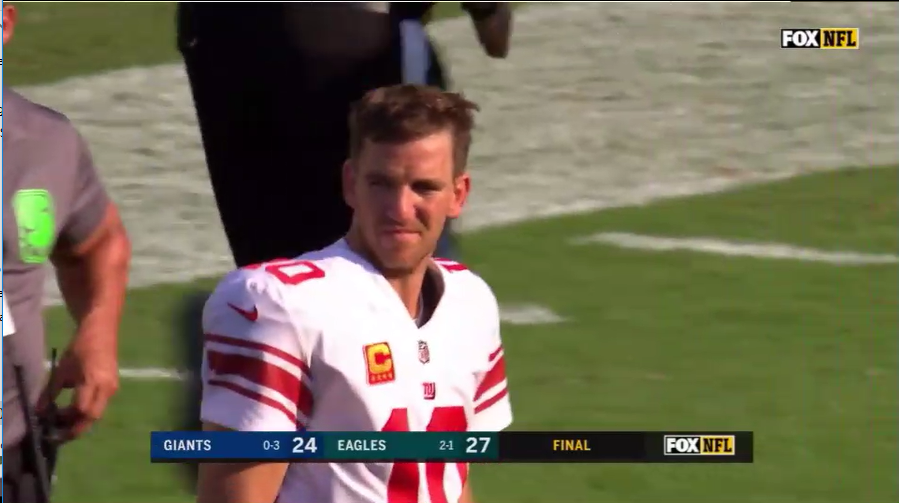Ad Disclosure
Three and Out: Defensive Game Planning, Officiating and Play Designs
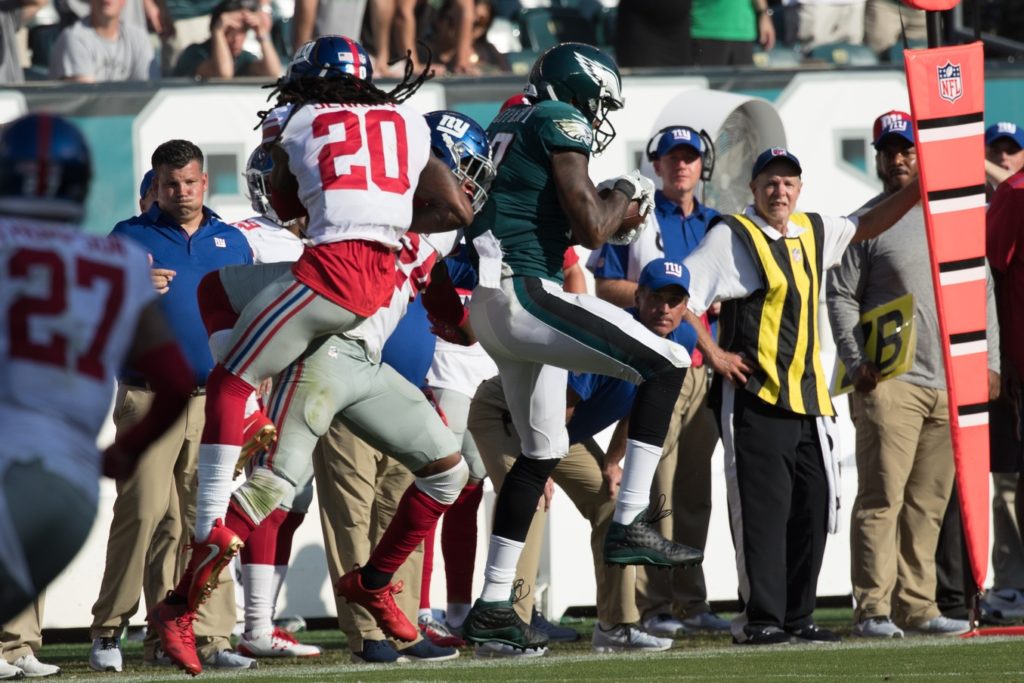
 This post is brought to you with limited advertising and no surveys by TalentFleX Solutions. TalentFleX Solutions is a full service business consulting firm offering contingent, contract and project based professionals in the Information Technology, Data Analytics, Finance & Accounting and Human Resources fields. Our model provides for flexibility in hiring needs from project, to contract to permanent placement. Our consultants have extensive experience in attracting, screening, and placing the very best in technical talent for our clients. For more information, please visit www.talentflexsolutions.com or email info@talentflexsolutions.com. Follow us on LinkedIn and Twitter for updates.
This post is brought to you with limited advertising and no surveys by TalentFleX Solutions. TalentFleX Solutions is a full service business consulting firm offering contingent, contract and project based professionals in the Information Technology, Data Analytics, Finance & Accounting and Human Resources fields. Our model provides for flexibility in hiring needs from project, to contract to permanent placement. Our consultants have extensive experience in attracting, screening, and placing the very best in technical talent for our clients. For more information, please visit www.talentflexsolutions.com or email info@talentflexsolutions.com. Follow us on LinkedIn and Twitter for updates.
There’s nothing in the world quite like the feeling of besting a division rival on a last second field goal and sending them spiraling out of control to the bottom of the conference. When all looked lost, the Giants found a way to garner just enough hope to imagine their season somehow not being a complete disaster.
Then, Jake Elliott happened.
This one was ugly as hell, but it’s the type of game that good teams find a way to win and last year’s Eagles found a way to lose.
Progress…
Let’s dig in.
The Unexciting, but Correct Game Plan
The Eagles defense is, without a doubt, the team MVP thus far. Much of their success can be directly attributed to the defensive line, but that wasn’t the case on Sunday.
After hearing all week how this Eagles defensive line was going to eat them alive, Giants coach Ben McAdoo took a page out of former mentor Mike McCarthy’s book and tried to attack the Eagles subpar secondary with a barrage of short, quick passes. This approach serves two purposes, effectively neutralizing a dangerous pass rush and putting the game in the hands of the undermanned Eagles’ secondary.
Thankfully, Jim Schwartz was prepared.
In laying off the aggressive style from the first two weeks, Schwartz was determined not to get beat deep on Sunday. The corners played five to ten yards off the line of scrimmage on almost every play, which opened the door for the Giants quick passing game to have a day.
Defensive game plans are never designed to completely shut an opponent down, but to simply force the offense to win in a different way. The Eagles’ secondary, particularly this week, had no chance to go toe-to-toe with the Giants receivers in coverage. By allowing free access underneath, Schwartz essentially forced Eli Manning to get rid of the ball and put the secondary in a position where they could compete with the Giant’s receivers in tackling after the catch.
Watching this ultra-conservative game plan unfold was, at times, very frustrating. The Giants marched up and down the field seemingly all game, picking up small chunk after small chunk of yardage. The key, though, was that it forced New York to execute perfectly on a down-in and down-out basis, and, in the absence of explosive plays and a running game, it proved difficult.
Despite totaling 366 yards through the air, the Giants didn’t get on the scoreboard until early in the fourth quarter. It’s not as if the Eagles defense completely shut them down, but as each drive progressed, something would happen (poor throw, penalty, dropped pass, deflection) that would stall their momentum.
While the box score shows some big production for Manning and his receivers, the reality is that the Eagles contained them. They ran the ultimate bend-but-don’t-break defense on Sunday, and if you take away the one big catch and run by Sterling Shepard and the touchdown off of the Zach Ertz fumble, the strategy was really successful. Schwartz dared the Giants to beat him underneath and they couldn’t get it done.
Two Really Good Calls at Really Crucial Moments
Noticing the officiating during an NFL game is not typically a good thing, but yesterday was a different story.
Generally speaking, I thought Jerome Boger and his crew did a really good job. For the first time in a long time, there was nothing that blatantly stood out as a bad call. In fact, if it wasn’t for two really good calls on one Giant’s drive, I wouldn’t have even noticed the officials at all.
The first came with 5:16 remaining in the fourth quarter. The Eagles had just knotted the game at 21 and needed to get a quick defensive stop. On the play, Manning had Odell Beckham, Jr. matched up in man coverage with Jalen Mills and took a shot to the deep post. The pass fell incomplete and we all took a deep sigh of relief, until the flag came out.
There probably wasn’t one person in the universe who thought Beckham was getting penalized. It was so easy, right? Star player has been dominating the game, there was contact on the play, and star player was unable to make the catch. Ninety-five percent of crews call that one on Jalen Mills, but Boger and his team saw right through it:
Seriously, this call almost never happens. If it had been called the other way, it quite possibly could have been the devastating blow.
The second big call came just a few minutes later with the Giants facing a crucial third and two from the Eagles 18-yard line with just 3:18 left in the game. If they picked up a first down, they could’ve ran two more minutes off of the clock and potentially iced the game with another touchdown.
Manning dropped back and threw the ball to Paul Perkins across the middle, who picked up a first down and more, getting to the Eagles’ 11-yard line. The play was ultimately brought back on a delay of game penalty when Giants guard John Jerry grabbed Eagles’ rookie Elijah Qualls and held him in an attempt to catch the Birds with 12 men on the field:
Again, how many crews across the league would notice this minor infraction? Not many. A play later, the Giants failed to execute on third down and were forced to kick the field goal. A touchdown and another minute or two off the clock could have been too much to overcome. This was a game-changing call for the Eagles.
Jerome, the city of Philadelphia thanks you for your unwavering vigilance.
A Great Design and Ballsy Play Call
Much of the focus from Sunday’s win will revolve around Elliott’s amazing 61-yard winner. Just as important, though, if not more, was the play that set it up.
There were only seven seconds remaining in regulation and the Giant’s defense was backed up in coverage, determined not to be beaten downfield. On the previous play, Wentz had been under pressure and opted to throw the ball away. At that point, most coaches would’ve taken a knee and settled for overtime or tried a short pass and a low-percentage Hail-Mary attempt.
Not “Big Balls” Doug. He went right for the heart.
In addition to the play’s aggressiveness, it was also the perfect design for the moment, a three-level stretch. The concept is designed to extend one side of a defense and create a coverage conflict for the underneath zone defender. Typically, with one receiver taking the top off of the defense, the quarterback will choose between throwing the intermediate corner route or into the flat, whichever the underneath zone defender leaves open.
With only seven seconds left, Wentz doesn’t really have much of an option- he needs to get the ball to Alshon Jeffery on the intermediate corner route to give Elliott a shot.
The Eagles line up with three receivers bunched to the short side of the field. At the snap, Torrey Smith runs a vertical route to stretch the top half of the defense. Jeffery runs the corner route and Nelson Agholor bubbles out into the flat.
Smith’s vertical takes Dominique Rodgers-Cromartie, but also momentarily holds Janoris Jenkins, the deep defender on the play, just long enough to prevent him from breaking down onto Jeffery’s route. Below, Agholor’s movement into the flat gets a reaction from Eli Apple, who was responsible for the underneath coverage. The combination of these two routes open up just enough space for Wentz to sling it to Jeffery:
Both defenders actually end up getting pretty close on the play. This is a good example of just how small NFL throwing windows can be. If it wasn’t for the routes of Smith and Agholor, the play most definitely would not have been there.
The rest is history.
Poor Giants.
Sean is a lifelong Philly sport fan, husband, father and football junkie. He spends his days managing risks for a large insurance company and early mornings/nights doing what he loves, watching and writing about the Eagles & Football. Sean is also a contributor at BleedingGreenNation and InsideThePylon.
